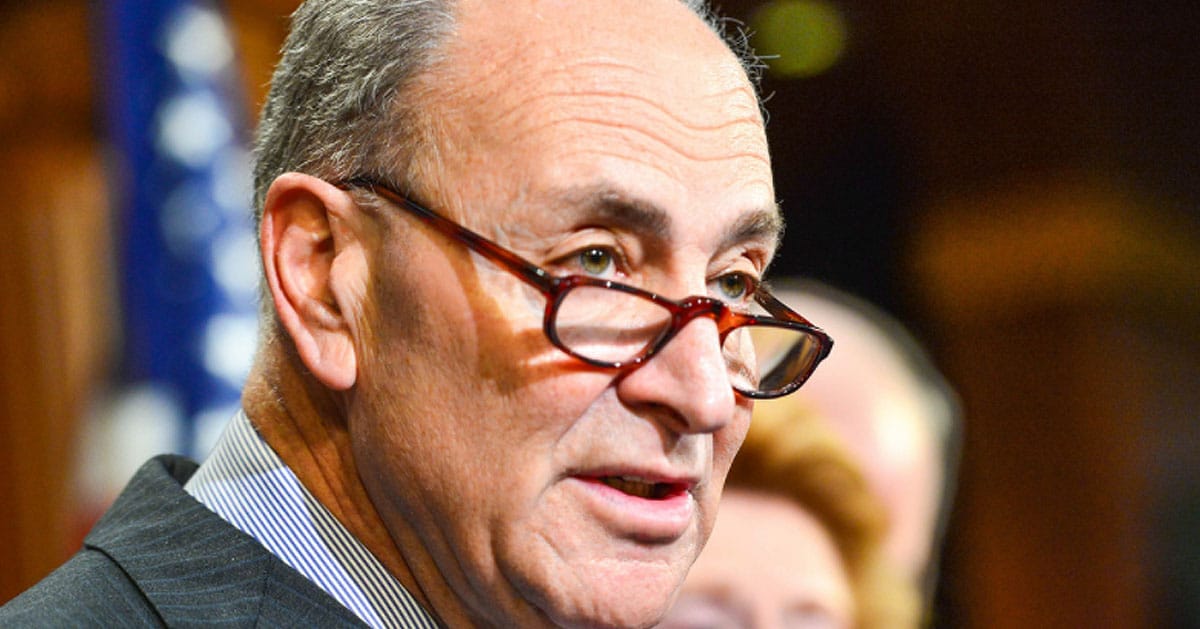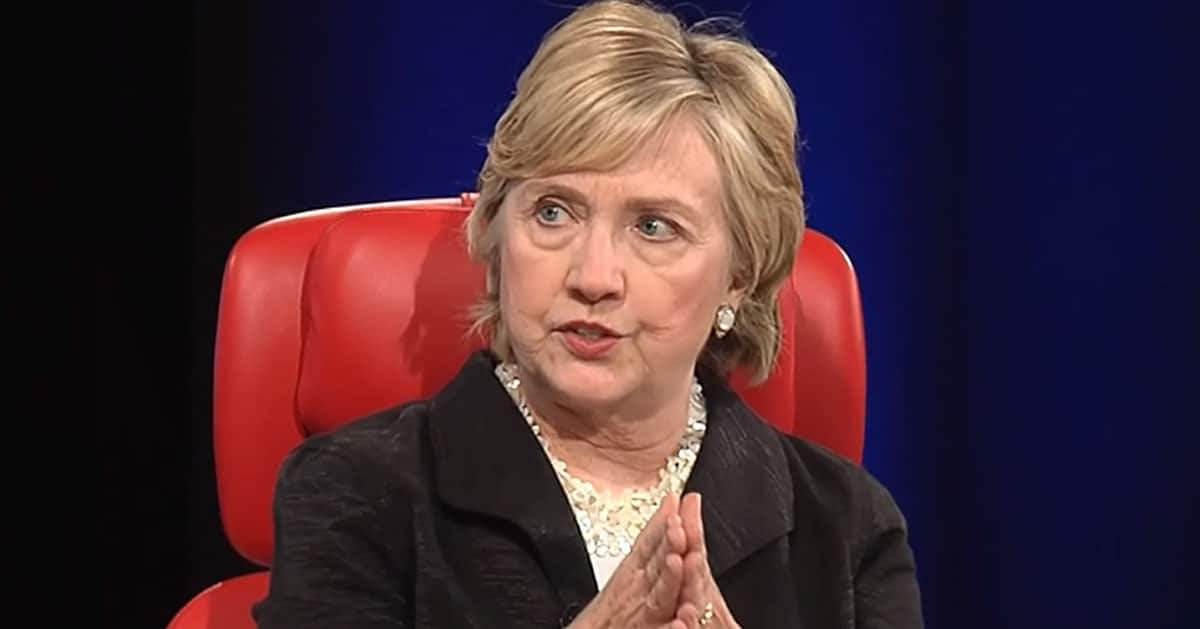




A New York appeals court just handed a victory to free speech, spiking a conviction against a social media influencer for his sharp-witted Clinton memes.
The New York Post reported that Douglass Mackey, a 36-year-old known as "Ricky Vaughn" online, saw his 2016 election interference conviction tossed Wednesday after a seven-month prison sentence in 2023. His crime? Posting satirical memes that prosecutors claimed misled voters.
Back in 2016, Mackey, riffing on Charlie Sheen’s "Major League" character, unleashed a barrage of memes targeting Hillary Clinton’s campaign.
One, posted days before the election, urged voters to text “Hillary” to a number to vote from home, mimicking Clinton’s campaign branding. It was a clear jab, but prosecutors weren’t laughing.
That meme, labeled Government Exhibit 720, featured fine print and Clinton’s logo to look authentic. Roughly 4,900 phone numbers texted the fake voting line, though no evidence showed anyone skipped the polls because of it. Still, federal prosecutors in Brooklyn pounced, accusing Mackey of voter suppression.
Mackey’s memes didn’t stop at Clinton. Some targeted Latino and African American voters with the same “vote from home” gag, again using Clinton’s campaign logos. Prosecutors argued this was a deliberate conspiracy to kneecap minority votes.
In chat rooms, Mackey allegedly schemed with others to boost Trump’s message while slamming Clinton. The government pointed to private Twitter messages as proof of a voter deception plot. But the appeals court wasn’t buying it.
“The government failed to offer sufficient evidence that Mackey even viewed — let alone participated in — any of these exchanges,” the judges wrote. The three-judge panel of the Second Circuit ruled prosecutors couldn’t prove Mackey knowingly conspired to deceive voters. Case closed.
“Hallelujah!” Mackey exclaimed after the ruling, which ordered the district court to dismiss the case immediately.
His conviction, once hailed by some Democrats as a “groundbreaking prosecution,” crumbled under scrutiny. The court’s message was clear: satire isn’t a federal crime.
Chief Judge Debra Ann Livingston drove the point home: “The mere fact that Mackey posted the memes, even assuming that he did so with the intent to injure other citizens in the exercise of their right to vote, is not enough.” Intent alone doesn’t violate federal law, she argued. Prosecutors needed more—and they didn’t have it.
“The government was obligated to show that Mackey knowingly agreed with other people to pursue that objective,” Livingston added. Without that evidence, the case was a house of cards. This ruling slaps back at overzealous efforts to criminalize political speech.
Mackey’s “Ricky Vaughn” account, once a Twitter powerhouse, was shuttered by the platform in 2016. MIT even ranked him among the top 150 influencers of that election cycle, a nod to his reach. Yet, his memes were less about rigging votes and more about mocking a floundering campaign.
Some memes cheekily claimed they were “paid for” by Clinton’s campaign, a jab at her polished image. Others leaned on her logos to amplify the satire. To the woke crowd, this was voter fraud; to the appeals court, it was free expression.
The 2016 election, a turning point for Trump’s rise, saw social media become a battleground for ideas. Mackey’s memes were part of that chaotic, unfiltered arena, where humor often cuts deeper than policy papers. Prosecutors, backed by progressive cheerleaders, tried to turn his jokes into jail time.
While out on bail, Mackey fought the conviction, arguing his memes were protected speech. The Second Circuit agreed, handing a blow to those who’d rather police humor than defend liberty. This isn’t about endorsing Mackey’s tactics—it’s about guarding everyone’s right to speak.
The ruling exposes a dangerous trend: weaponizing vague laws to silence dissent under the guise of protecting democracy. If a meme can land you in prison, what’s next—cartoons? The appeals court’s decision is a firewall against that slippery slope, and conservatives should cheer it loudly.



